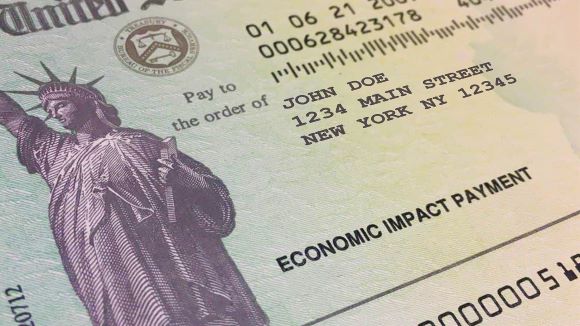You Won’t Pay Taxes, But Do Report Your Stimulus Payments
As filing season starts, you may be wondering about the economic stimulus payments and taxes. After all, it can seem like the government likes to give with one hand and take with the other. But there’s good news: You won’t pay taxes on your stimulus payments. You don’t have to report the payments on your tax return, but you can. And you may want to.
Economic Impact Payments
Congress passed bills to provide aid as the pandemic struck. The first bill created stimulus payments officially known as Economic Impact Payments (EIP). They were actually the advance payment of a 2020 tax credit, known as the Recovery Rebate Credit. The first EIP in April paid $1,200 to each adult making less than $75,000 a year, and $500 for each qualifying child. A second round arriving in January sent $600 to each qualifying adult and child.
The Tax Connection
Because EIP were the advance payments of a tax credit, it makes sense that you report them on your tax return. And if you were entitled to receive payments and didn’t, it’s especially important that you do. Why? The amount of credit can apply to your 2020 tax return. So it can either pay your tax bill, or get you a refund. Even though you received that second payment in 2021, it still gets reported on your 2020 tax return.
Did You Have Life Changes in 2020?
Whether or not you qualified for an EIP depended on the income reported your earlier tax returns. For the first EIP, the government used either your 2019 return (if it had been filed already) or 2018 return. If your income was high on those returns, they may have sent you a reduced payment, or no payment at all. But if life changes reduced your income in 2020 – such as getting laid off or furloughed – you might get paid the difference.
If you had a baby or adopted a child in 2020, you probably didn’t get the payment for a qualifying child. But you qualify for that additional payment, and can report it on your 2020 return. Just make sure you get a Social Security number for your new child by the time you file.
Another Stimulus Payment
Congress is discussing another pandemic recovery bill at this writing, with plans for another stimulus payment. Debate centers on the size of the payments (most likely $1,400) and the income threshold. That threshold will probably be the same as for the last payments, $75,000 per year for adults.
You may want to avoid filing early (before EIPs are sent out) if your income rose in 2020 and exceeded $75,000. That’s because the government will base your eligibility on your most recent tax return. This Newsweek article advises you to wait if your income was greater in 2020 than in 2019.
Links
This IRS link can help you figure out if you’ve received all the EIPs you’re entitled to, and where they are in the system.
Lastly, you can learn more about our services here!


Recent Comments